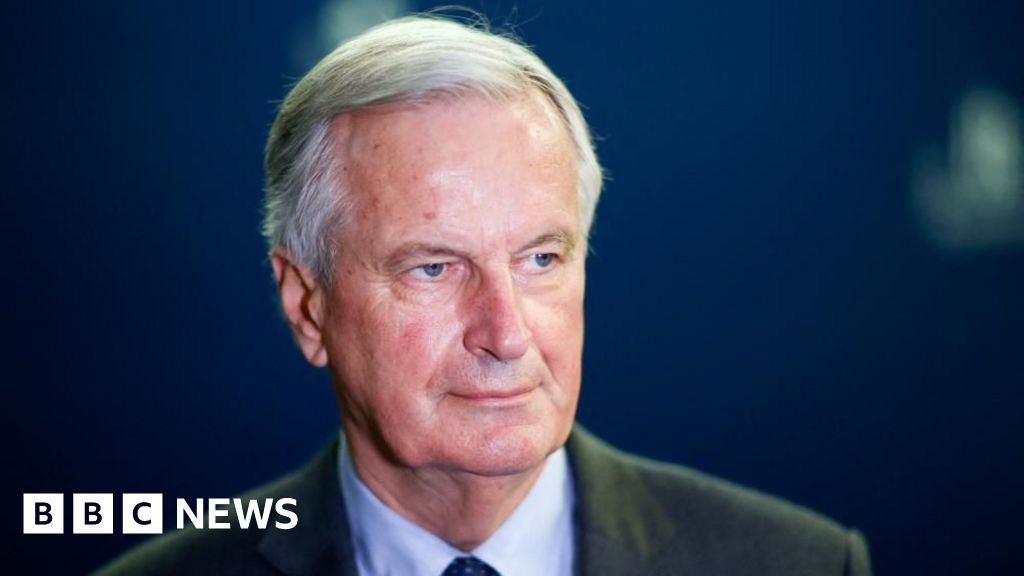French President Emmanuel Macron has named Michel Barnier as prime minister almost two months after France’s snap elections ended in political deadlock.
Mr Barnier, 73, is the EU’s former chief Brexit negotiator and led talks with the UK government between 2016 and 2019.
A veteran of the right-wing Republicans (LR) party, he has had a long political career and filled various senior posts, both in France and within the EU.
He will now have to form a government that will need to survive a National Assembly divided into three big political blocs, with none able to form a clear majority.
Three years ago Mr Barnier said he wanted to take on President Macron for the French presidency, saying he wanted to limit and take control of immigration. He eventually failed to be the selected as a candidate by his party.
Mr Barnier will be France’s oldest prime minister since the Fifth Republic came into being in 1958.
He is set to succeed Gabriel Attal, France’s youngest ever prime minister, who President Macron first appointed prime minister in early 2024 and who has stayed in post as caretaker since July.
Mr Macron’s choice of prime minister has already caused discontent within the the left-wing New Popular Front (NFP), which won the most seats in the July snap election.
Jean-Luc Mélenchon, the leader of the radical France Unbowed (LFI) – the biggest of the four parties that make up NFP, reacted angrily. The election had been “stolen from the French people”, he claimed.
Instead of coming from the the alliance that came first on 7 July, he complained that the prime minister would be “a member of a party that came last at the elections.”
“This is now essentially a Macron-Le Pen government,” he said, referring to the leader of the far-right National Rally.
Mr Mélenchon then called for people to join a left-wing protest against Mr Macron’s decision planned for Saturday.

